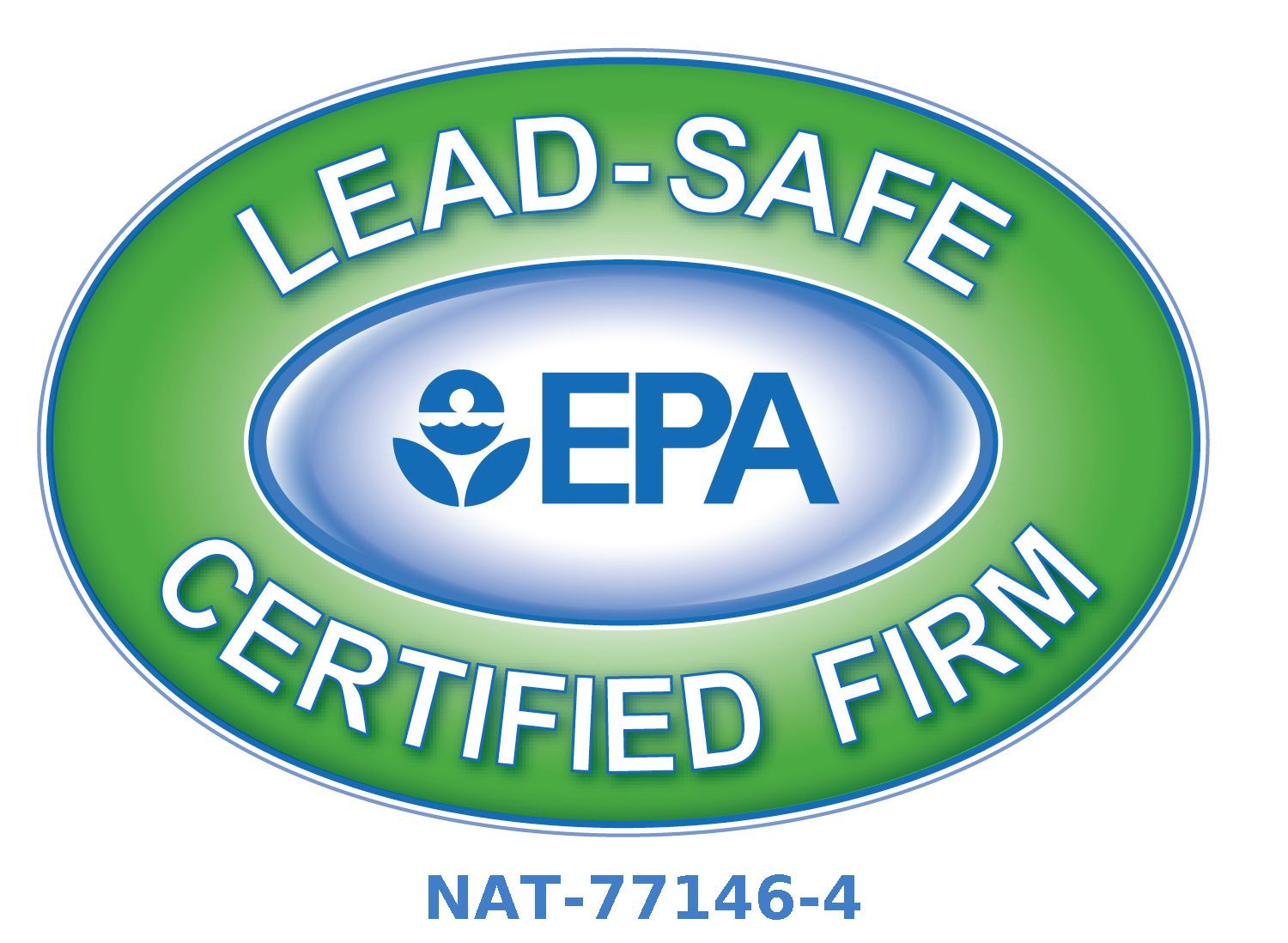Frequently Asked Questions
Have a question that isn’t here? Call us (505) 843-7490 or send as an email info@sandiamarble.com
-
Are Estimates Free?
Yes, our estimates are free. Our estimator will go to the job site to discuss requirements and materials and take measurements. Product samples are also available.
-
Are Deposits Required?
We require a 50% deposit to schedule your job, and 50% is due upon completion. Pick-up orders of less than $500 require full payment upon order.
-
What is the notification process for installation time?
The sales representative will provide you with an install date at the time of deposit. The scheduler will call you the day before your installation and provide a timeframe on when the installer/s will be at the job site.
-
When can I use my Cultured Marble shower/bath?
Cultured marble bath/showers can be used 24 hours after installation, providing adequate time for materials to cure.
-
What is Cultured Marble or Poly Stone?
Cultured stone is a blend of stone particles and resins combined with pigments to produce a wide range of colors and realistic, natural-looking patterns—Cultured Marble and Poly Stone (Granite appearance). Unlike quarried stone, cultured stone is cast in molds to create specific pieces such as bathtubs, sinks, countertops, backsplashes, moldings and trim, seats, soap and shampoo holders, shower walls, and shower pans.
The molds are lined with a special gel coat that bonds to the mixture, creating a very hard, transparent surface. After the pieces have cured, they are removed from the molds, polished to shine, or given a matte finish, depending on customer preference.
Because cultured products are cast, there are numerous options regarding size, shape, and edge treatments. And the final product is non-porous, meaning no need to seal year after year and no grout lines to clean or maintain. Just imagine swapping out a tiled shower for a grout-free option, and the low-maintenance advantage of cultured marble becomes very clear!
-
What is Granite?
Granite is a coarse-grained crystalline igneous rock composed primarily of about 60% quartz and feldspar. It forms from slowly cooling magma (silicate melt) that is subjected to extreme pressures deep beneath the earth’s surface.
-
What is Quartz?
Quartz is an engineered material that is created through a manufacturing process that mixes approximately 95% ground natural quartz with 5% polymer resin. The result is a super-hard, low-maintenance, natural stone-look countertop in a dazzling array of colors.
-
What is Quartzite?
Quartzite is an abundant metamorphic rock. It occurs naturally when sandstone or chert rich in quartz experiences heat and high pressure. Quartzite is typically made of more than 90% quartzite; some can get as high as 99%.
-
What is Porcelian/Dekton?
ade by combining quartz, porcelain, and glass. From there, the materials are compressed under intense pressure. This creates a truly compact, durable product. It's also known as a "sintered stone"
Porcelain/Dekton - Made by combining quartz, porcelain, and glass. From there, the materials are compressed under intense pressure. This creates a truly compact, durable product. It's also known as a "sintered stone"
-
All You Need to Know About Shower/Bath Doors:
- Shower/Bath Door Measurements—Actual measurements for shower/bath doors will be done when the shower/bath walls are completed. Most walls are not square, so getting accurate measurements before placing the order for a shower/bath door is essential.
- Shower/Bath Door Installation—The installation date for a custom shower door is typically 2-3 weeks after the shower door has been ordered due to the time it takes to manufacture them. However, most sliders can be installed the same day as the cultured marble products or the day after.
- Shower/Bath Door Usage—Shower/Bath doors can be used 24 hours after installation, providing adequate time for the materials to cure.
-
What Does Care & Maintenance look like?
Cultured Marble Products (Cultured Marble and Poly Stone)
- Routine cleaning is required with a soft sponge or cloth and a non-abrasive foam cleaner such as Scrubbing Bubbles.
- Period applications of a non-colored paste wax or product will help maintain a high gloss luster, making cleaning easier.
Granite
- Blot up spills immediately—Acidic substances such as wine, coffee, fruit juice, tomato sauce, and sodas may stain the surface. Cooking oils may also leave a stain if not wiped immediately.
- Daily cleaning—Use a specially formulated natural stone cleaner to keep your countertops in the best condition, protecting the sealer. Hot water will work for quick clean-ups.
- Cutting—Do use cutting boards to prevent the countertops from becoming scratched.
- Hot Pans and Pots—You should use trivets or hot pads to place your pans and pots to prevent thermal shock from occurring, which may crack the granite.
- Sealing—It is recommended that granite be sealed every couple of years. A good test to determine if sealing is needed is to drop water and the surface, and if it doesn’t bead, then a sealer needs to be applied.
Quartz
- Daily Cleaning—Simply wash with a soft cloth, warm water, and mild soap if desired.
- Cutting—Do use cutting boards to prevent the countertops from becoming scratched.
- Hot Pans and Pots—You should use trivets or hot pads to place your pans and pots to prevent thermal shock from occurring, which may crack the quartz.













